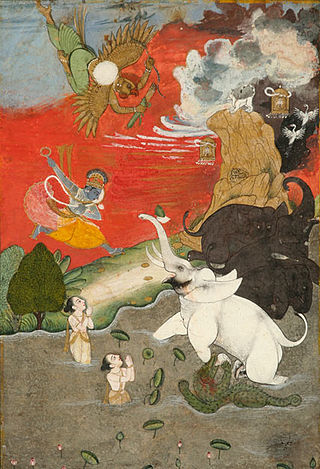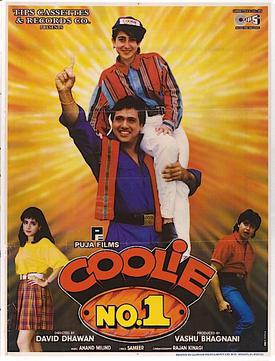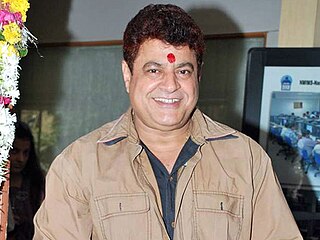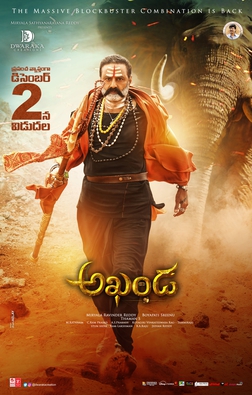
The Parthasarathy Temple is a 6th-century Hindu Vaishnavite temple dedicated to Vishnu in Chennai, India. Located in the neighbourhood of Thiruvallikeni, the temple is glorified in the Naalayira Divya Prabandham, the early medieval Tamil literature canon of the Alvar saints from the 6th to 9th centuries CE and is classified as among the 108 Divya Desams dedicated to Vishnu. The name 'Parthasarathy' means the 'charioteer of Arjuna', referring to Krishna's role as a charioteer to Arjuna in the epic Mahabharata.

Gajendragad is a Town Municipal Council city in Gadag District, Karnataka, India with Population of 32,359 as of 2011 Census data and is located at 15.73°N 75.98°E. It has an average elevation of 643 metres (2109 feet). This place is known for its hill station,hill strip, film shooting spots, Fort, kalakaleshwara temple, Market for Javali / Dress Materials for marriage & festivals, windmills, Handloom. It is about 55 kilometers from the district head quarter Gadag, 110 kilometers from Hubballi, 200 kilometers from Belagavi and 450 kilometers from state capital Bengaluru

The Ashtabujakaram or Ashtabuja Perumal Temple located in Kanchipuram in the South Indian state of Tamil Nadu, is dedicated to the Hindu god Vishnu. Constructed in the Dravidian style of architecture, the temple is glorified in the Nalayira Divya Prabandham, the early medieval Tamil canon of the Alvar saints from the 6th–9th centuries CE. It is one of the 108 Divya Desams dedicated to Vishnu, who is worshipped as Ashta Bhuja Perumal and his consort Lakshmi as Alamelumangai.

Gajendra Moksha or The Liberation of Gajendra is a Puranic legend from the 8th Skandha of the Bhāgavata Purāṇa, a sacred text in Hinduism. It is one of the famous exploits of the preserver deity, Vishnu. In this episode, Vishnu came down to earth to protect Gajendra, the elephant, from the clutches of a crocodile, alternatively known as Makara or Huhu, and with Vishnu's help, Gajendra achieved moksha, or liberation from the cycle of birth and death. Gajendra then attained a form like that of the deity and went to Vaikuntha with Vishnu. This story was narrated by Shuka to King Parikshit at Parikshit's request.

The Film and Television Institute of India (FTII) is a film institute under the Ministry of Information and Broadcasting of the Government of India and aided by the Central Government of India. It is situated on the premises of the erstwhile Prabhat Film Company in Pune. It was established in 1960 and its alumni includes technicians, actors and directors in the film and television industry.

Krishnapuram is a village in Alappuzha district in the Indian state of Kerala.
Appu is a common nickname in India for the feminine given names Apurva, Apeksha, Aparna, Aparijita. It is also a masculine nickname, but prevalent mostly in the Southern region of India.
Olifant, Oliphant, Olyphant and similar variations may refer to:

Coolie No. 1 is a 1995 Indian Hindi-language comedy masala film, directed by David Dhawan, and written by Rumi Jaffery and Kader Khan. The film stars Govinda, Karisma Kapoor, Kader Khan, Shakti Kapoor, Harish Kumar, Sadashiv Amrapurkar and Mahesh Anand, with music by Anand–Milind.

The Krishnapuram Palace is a palace and museum located in Kayamkulam near Alappuzha in Alappuzha district, Kerala in southwestern India. It was built in the 18th century by Anizham Thirunal Marthanda Varma, the Travancore kingdom. It is built in the architectural style of Kerala with gabled roof, narrow corridor and dormer windows, near the Krishnaswamy Temple at Krishnapuram.

The Gajendra Varadha Perumal Temple in Thirukkavithalam, a village in the outskirts of Papanasam in the South Indian state of Tamil Nadu, is dedicated to the Hindu god Vishnu. Constructed in the Dravidian style of architecture, the temple is glorified in the Nalayira Divya Prabandham, the early medieval Tamil canon of the Alvar saints from the 6th–9th centuries CE. It is one of the 108 Divya Desams dedicated to Vishnu, who is worshipped as Gajendra Varadha Perumal and his consort Lakshmi as Ramamanivalli. The temple is one of the five Pancha-Kannan temples, where Krishna, an avatar of Vishnu is given prominence over the presiding deity.

Gajendra Singh Chauhan known professionally as Gajendra Chauhan, is a former television actor known for his work on Indian television, especially his portrayal of Yudhishthira in the historical television series Mahabharat (1988–90). He has also had significant roles in a few B movies, and a larger number of cameo appearances in other films. In 2015, he was appointed chairman of the Film and Television Institute of India (FTII), which sparked controversy and opposition by FTII students, leading to his resignation in October 2017.

Rajendrudu Gajendrudu is a 1993 Telugu-language comedy film, produced by K. Achi Reddy under Manisha Films, presented by Kishore Rathi and directed by S. V. Krishna Reddy. The film stars Rajendra Prasad, Soundarya and music composed by S. V. Krishna Reddy. The film recorded as Blockbuster at the box office. The film was remade in Hindi as Jodidar, with Mithun Chakraborthy.

Naresh Bedi is an Indian filmmaker, the eldest of the Bedi Brothers and a member of the second generation of three generations of Wildlife photographers and filmmakers. He is the first Asian to receive a Wildscreen Panda Award and the first Indian to receive a wildlife film nomination for the British Academy Film Awards. He was honoured by the Government of India in 2015 with Padma Shri, the fourth highest Indian civilian award.

The Silence is a 2015 Indian Marathi drama film directed by Gajendra Ahire. The film stars the Sairat director Nagraj Manjule, Raghubir Yadav, Mugdha Chaphekar and Anjali Patil.
Gajendra Singh may refer to:
Chawan is a surname predominantly found in the Indian subcontinent.

Akhanda (transl. Entire) is a 2021 Indian Telugu-language action drama film written and directed by Boyapati Srinu. It was produced by Miryala Ravinder Reddy, under Dwaraka Creations. It stars Nandamuri Balakrishna in a dual role alongside Pragya Jaiswal, Jagapathi Babu, and Srikanth. The soundtrack album and film score is composed by Thaman S.













